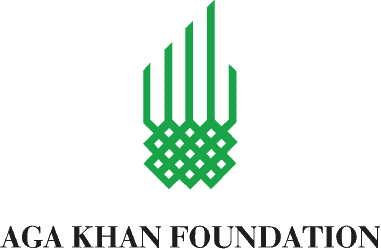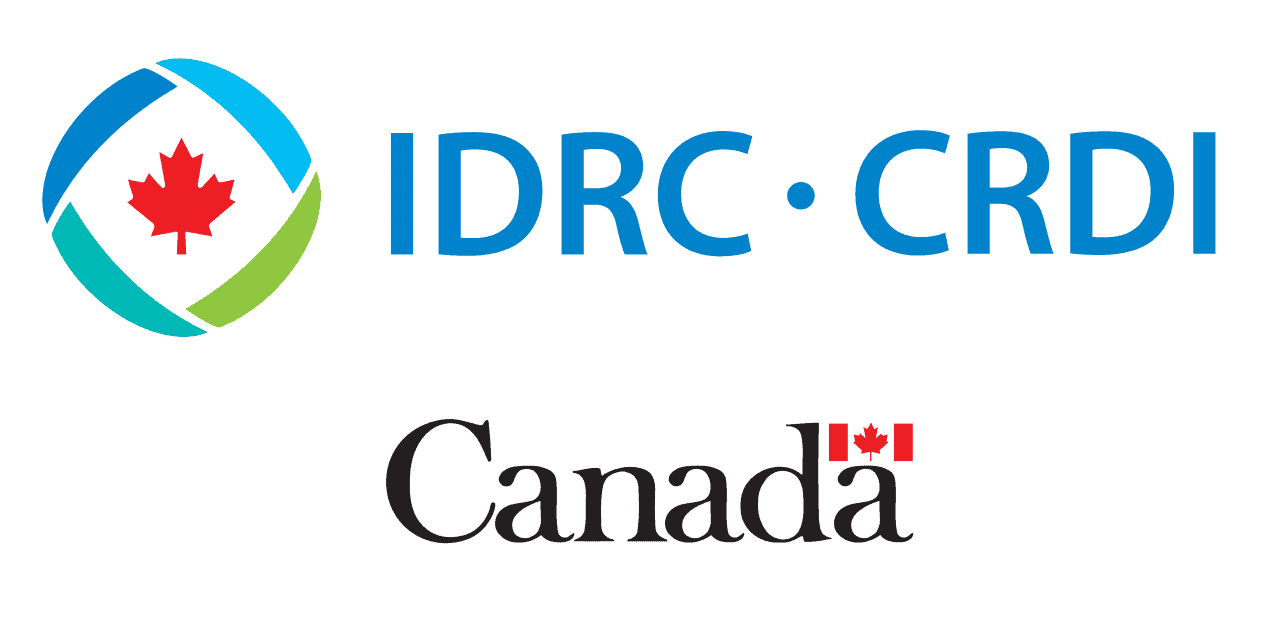What
Schools2030 is a global movement for holistic learning and teacher leadership.
The movement brings together a diverse coalition which includes educators, school leaders, civil society, researchers, international organisations and government across ten countries and 1,000+ schools and community learning sites.
Our goal is to improve quality teaching and holistic learning, and to foster resilient education systems across the world, including for those living in remote regions and those facing multiple forms of marginalisation and crises.
We do this through a focus on teacher agency – recognising educators as leaders, innovators and active agents in education reform.

Where
Schools2030 launched in 2020 and works in over 1000 government schools and community learning centres across ten countries:
AFGHANISTAN • BRAZIL • INDIA • KENYA • KYRGYZ REPUBLIC
PAKISTAN • PORTUGAL • TAJIKISTAN • TANZANIA • UGANDA
WHO
Schools2030 involves a dynamic coalition of leaders in international education and early childhood development.
HOW
By Supporting Three Key Transition Years
Schools2030 focuses on supporting teaching and learning during the key transition years in a young person’s educational journey.
Through our Research and Evidence

Schools2030 funds participatory research projects in Schools2030 countries to help us understand more about the way the programme is working. The research, conducted with and for schools, is an important pathway to test our assumptions, to improve programme implementation and, crucially, to inform dialogue with education systems at multiple levels.

What do we mean by Holistic Learning?
In each of our countries, we have worked alongside National Advisory Committees including representatives from government, civil society, academic institutions and more to select five priority domains that teachers will focus on for each age group.

Why
There is a crisis in learning – a crisis of equity, inclusion, quality and relevance.
Young people across the world must be supported to develop the knowledge, skills, attitudes and values they need to respond to these crises with creativity, empathy and collaborative leadership. Teachers across the world must be supported to respond to the needs of their learners and communities with agility, expertise and leadership.
Show More
There is a crisis in learning – a crisis of equity, inclusion, quality and relevance. Young people across the world must be supported to develop the knowledge, skills, attitudes and values they need to respond to these crises with creativity, empathy and collaborative leadership. Teachers across the world must be supported to respond to the needs of their learners and communities with agility, expertise and leadership.
Schools2030’s Three-Step Model is an approach for teacher professional development that focuses on contextual relevance and teacher leadership through design, innovation and evidence-building. By developing and incubating education practices and innovations at the sites of learning and teaching, we believe that those practices will be more relevant, more effective, more inclusive and more sustainable. Schools2030 also believes that these school-level innovations can lead to system-level change. Across our programme countries, we are co-designing new, low-cost innovations, practices and tools that can be adopted and adapted to drive system-wide change.
Across the Schools2030 movement and network, from school to national to global-level, we are building an evidence-base about ‘what works’ to improve quality learning outcomes from the bottom-up, rather than the top-down. In this way, we will contribute towards the realisation of UN Sustainable Development Goal 4 – ensuring inclusive and equitable quality education and providing lifelong learning opportunities for all.
Donors
The following foundations are the 9 Founding Members of the Schools2030 Global Donor Steering Committee for Schools2030:

